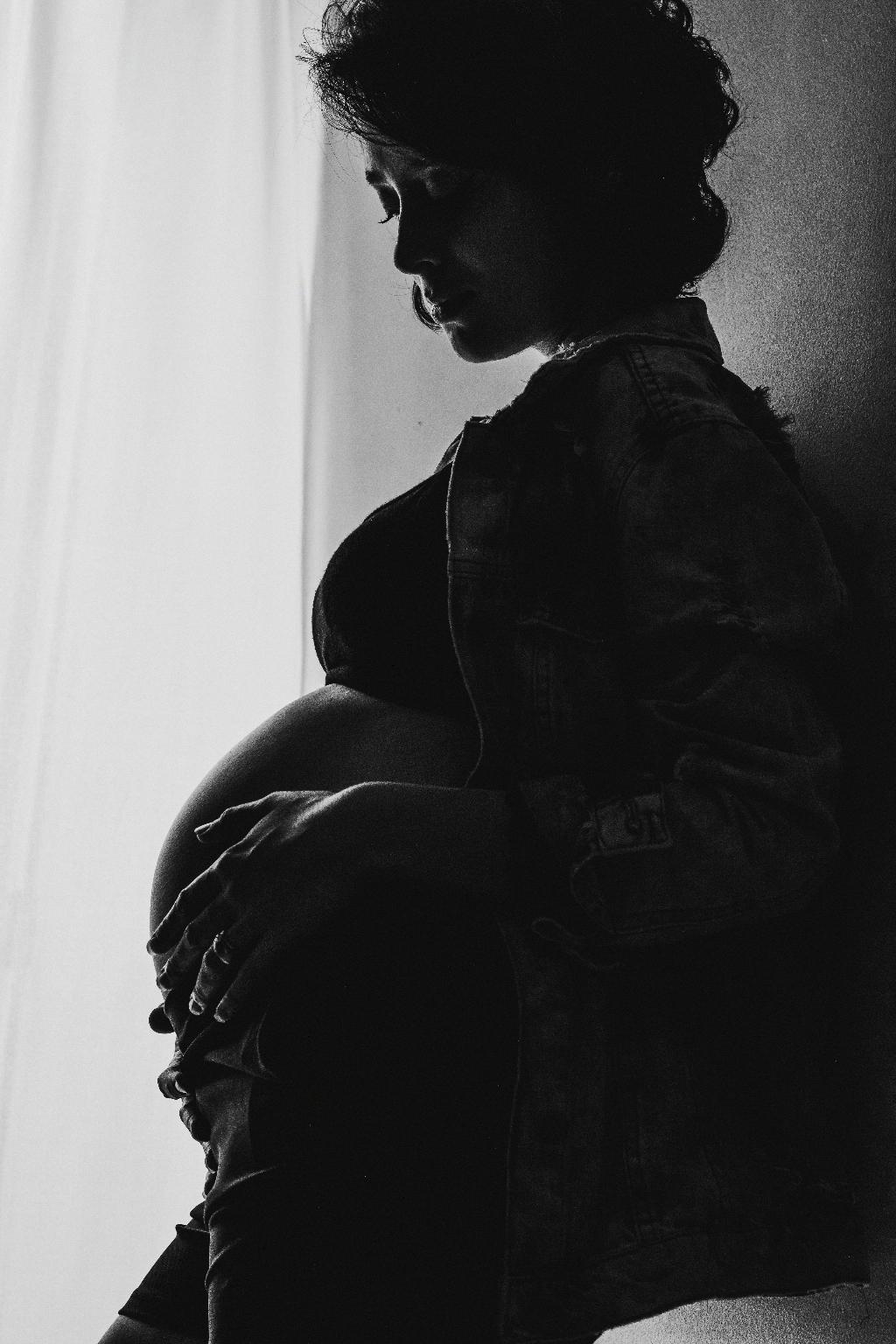When it comes to concerns about dietary choices during pregnancy, it’s crucial to consider the safety of various sweeteners like Stevia and monk fruit. Current government guidelines generally indicate that both Stevia and monk fruit are safe for consumption during pregnancy. Despite this, it’s essential to exercise caution and moderation when incorporating these sweeteners into your diet while expecting.
Stevia, a natural sweetener derived from the Stevia rebaudiana plant, has gained popularity as a sugar substitute due to its zero-calorie content. Its intense sweetness allows for minimal usage, making it a preferred choice for individuals looking to cut down on sugar consumption. Monk fruit, also known as Luo Han Guo, is another natural sweetener that is significantly sweeter than sugar but contains zero calories.
While both Stevia and monk fruit are generally regarded as safe during pregnancy, it’s crucial to use them in moderation. Pregnant women should consult with a healthcare provider or a dietitian before incorporating these sweeteners into their daily routine to ensure that it aligns with their individual dietary needs and health concerns.
Many expectant mothers may wonder about the potential risks associated with consuming Stevia and monk fruit during pregnancy. Some studies suggest that Stevia could have a mild diuretic effect and may impact blood sugar levels, although no significant adverse effects have been conclusively linked to its consumption during pregnancy.
Monk fruit, on the other hand, is considered safe for pregnant women when consumed in moderate amounts. However, it’s essential to be mindful of other ingredients present in monk fruit-based products, such as added sugars or artificial sweeteners, which may not be recommended during pregnancy.
Despite the generally positive safety profile of Stevia and monk fruit, pregnant women should be aware of their individual tolerances and sensitivities to sweeteners. Some individuals may experience gastrointestinal discomfort or sensitivities to certain sweeteners, so it’s important to monitor any adverse reactions and adjust consumption accordingly.
As with any dietary changes during pregnancy, it’s advisable to consult with a healthcare provider or a registered dietitian before making significant alterations to your diet. They can provide personalized guidance on incorporating sweeteners like Stevia and monk fruit safely and effectively into your pregnancy nutrition plan.
Ultimately, the safety of consuming Stevia and monk fruit during pregnancy can vary depending on individual circumstances. While these sweeteners are generally considered safe for pregnant women, it’s essential to approach their consumption with moderation and seek professional advice to ensure that they align with your overall health and well-being during pregnancy.

